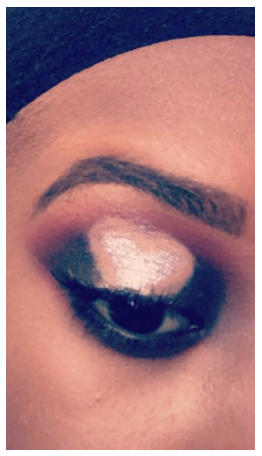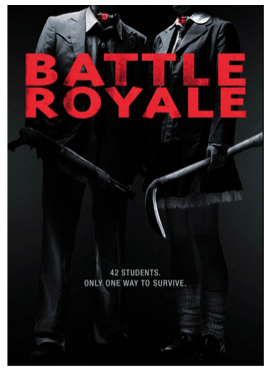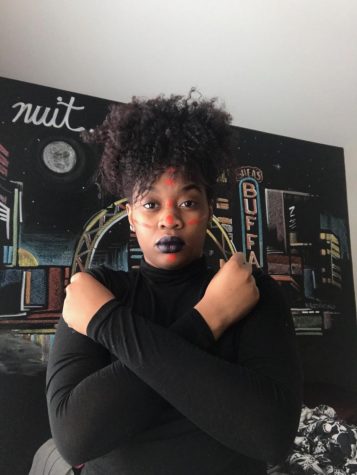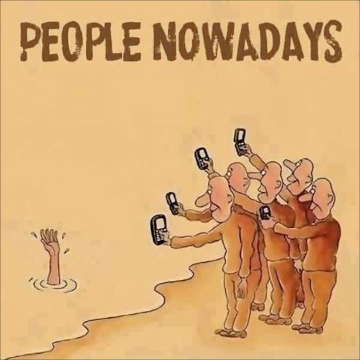Cultural appropriation is seen throughout society
April 6, 2016
Last week, I watched a video that went viral wherein an African American female at San Francisco State University interrogated a White male for wearing dreadlocks, a hairstyle associated with African ethnic groups.
This woman’s behavior was threatening and borderline abusive. Before I am accused of making assumptions about this woman based on her race, I would like to make it clear that if any person invades my personal space, accosts me, touches me, and threatens to cut my hair off with scissors, then your behavior most definitely is considered threatening and abusive. This woman is lucky she was not punched in her face.
What did this unknown White male do to deserve such harsh treatment? Mr. Dreadlocks was accused of the heinous act of cultural appropriation.
Hyperbole aside, this term is highly contentious within our political discourse. In its most benign form, cultural appropriation is the act of adopting elements of another’s culture, often blending it with our own. In its more malignant form however, cultural appropriation is an act associated with colonialism, whereby the dominant group appropriates the culture of a minority group and denies them their intellectual property, or expresses the culture outside of the initial context. Some scholars have taken to calling the latter act cultural “misappropriation” in order to make a distinction and draw an ethical line.
A White person sporting dreadlocks is hardly an act of cultural misappropriation.
In the video, Mr. Dreadlocks reminds this woman that his hairstyle dates back to ancient Egypt. She responds by asking him which continent Egypt is located in, i.e. Africa. Her implication is no doubt that ancient Egyptians were African, much like herself. Therefore, as a Caucasian man, Mr. Dreads should not, or must not, wear a hairstyle that is associated with Africans. Never mind that ancient Egypt was populated with many diverse ethnic groups, some of whom were not dark skinned or African; some were migrants from Europe.
We must also not point out that most present day Egyptians are ethnic Arabs. We must certainly not mention that all of our ancestors were originally from Africa. To do this would be a feeble attempt at fostering solidarity with others, and would undermine the whole cultural appropriation charge.
If we take the point of view of the woman in the video, then I would argue that all of us are guilty of the act of cultural appropriation.
My ancestors were immigrants to this country from Ireland. Knit wool sweaters from Ireland are popular cultural commodities. They are comfortable, attractive, and unisex. They are typically made from raw wool, which is a creamy off-white color. In other words, they look handsome on just about anyone, hence their wide appeal.
Could you imagine the nerve it would take for an Irish American such as myself to berate a non-Irish person, or even a non-Caucasian person for having the audacity to wear such a sweater? Or how about ridiculing women with coarse hair for wearing a wig or sporting a weave? If we take a long look at our own identities, I am sure all of us can find representations of other cultures, or remnants of forgotten cultures.
My daily life is an exercise in cultural appropriation. When I wake up, I bathe in the shower with African black soap. Not because of colonialism, but because of its great exfoliating properties. After my shower, I frequently make espresso from an Italian stovetop coffee maker. Even though the world over drinks coffee, these espresso makers are distinctly Italian, and I am most definitely not Italian.
Next, I sometimes dress myself in tie-dye shirts, which are typically associated with hippies, and a hippie I most certainly am not. I also wear a Thor’s hammer amulet, which dates back to Medieval Scandinavia; and I am not a Norseman.
Furthermore, if I survey the objects I have in my bedroom, many of them are not representative of my Irish-American heritage in any way. It would seem that my identity is predicated on cultures outside of the Emerald Isle, and there is absolutely nothing unethical about that.
Cultural appropriation is not something worthy of scorn. It is something to be enjoyed. I may be free to enjoy these cultural items because of the effects of globalism, which has its roots in colonialism and imperialism, but in its present form, my enjoyment of these objects is relatively harmless. Cultural misappropriation, on the other hand, is definitely worthy of our indignation.
If Elvis Presley had passed himself off as wholly original artist, whose style was not in any way based on the musical talents of Black musicians like Chuck Berry, Muddy Waters, and Sister Rosetta Tharpe, then the King would have definitely been guilty of the sin of cultural misappropriation. Fortunately, Elvis was not Justin Bieber, who, as of two days ago is sporting dreadlocks; and to no one’s surprise is refusing to apologize for it. Someone call for an inquisition… and a pair of scissors.
email: [email protected]













